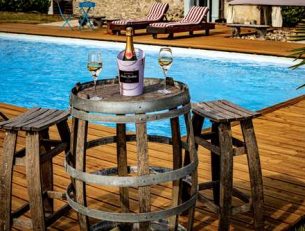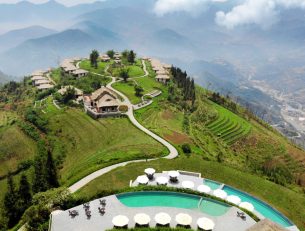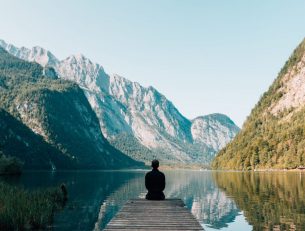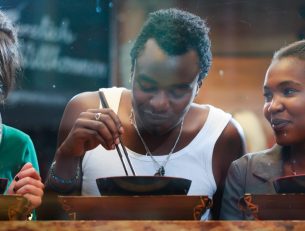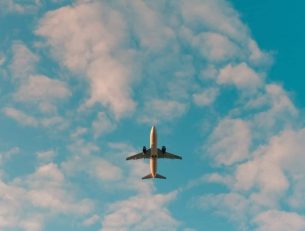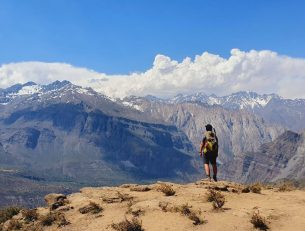The concept of slow travel is one of the fastest growing trends in the tourism industry. It’s supposed to be good for the planet, good for people, and good for the communities you visit, but what exactly is slow travel, and what are the benefits of travelling slowly?
Most of us are aware of the idea of slow fashion. Rather than buying a new wardrobe of cheap clothes every few weeks, you buy good quality clothing on a much less regular basis. There are a few parallels we can draw between slow travel and slow fashion.
To sum it up incredibly briefly:
“Slow travel is tourism that takes time to get to know local, authentic cultures and people, by immersing yourself in the region you are visiting over a more extended period of time and avoiding mass tourism traps.”
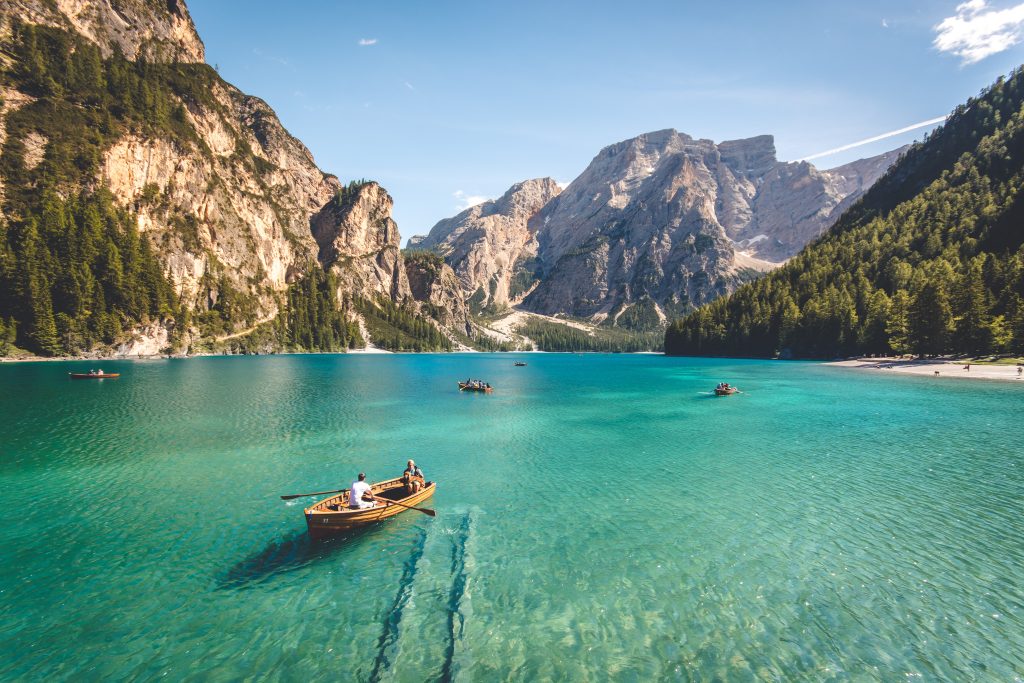
Essentially, heading out on a bus tour straight from your all-inclusive hotel to the biggest tourist attraction in the area, before heading straight back again, would constitute the complete opposite of slow travel.
Slow travel involves taking your time in a location and actively seeking out the authentic, local experiences that help you really get to know the culture and the people you are with, and it comes with a wide range of benefits.
The Rise of Slow Travel
Slow travel was just one of the proponents that grew out of the slow food movement, established by Italian Carlo Petrini in 1986, who started the organization in opposition to the rise of fast food, in particular the introduction of McDonalds in Rome.
The idea of slow food was to promote local produce and traditional cooking methods, to preserve regional cuisines and support small-scale food producers in a world of advancing globalisation.
This kind of anti-consumerism movement grew into an entire philosophy known as the slow movement, the slowing down of life against the ever increasing pace of consumerism and growth in almost all aspects of our lives.
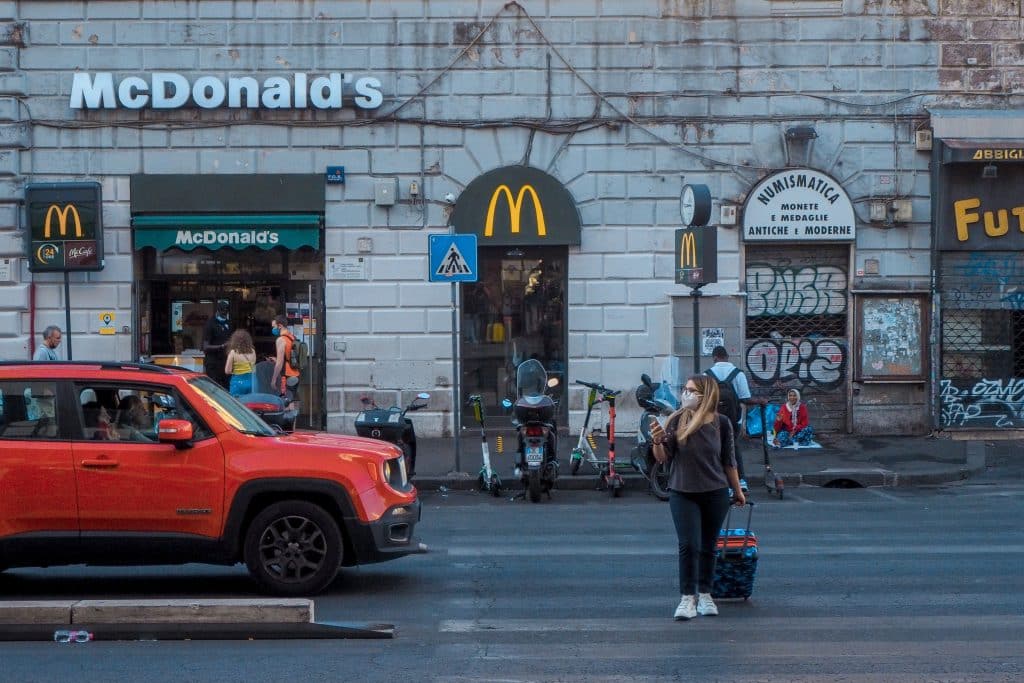
As Carl Honoré puts in his book, In Praise of Slow:
“It is a cultural revolution against the notion that faster is always better. The Slow philosophy is not about doing everything at a snail’s pace. It’s about seeking to do everything at the right speed. Savoring the hours and minutes rather than just counting them. Doing everything as well as possible, instead of as fast as possible. It’s about quality over quantity in everything from work to food to parenting.”
It’s this idea of quality over quantity that applies so well to slow tourism. It’s not about literally walking from place to place, but it’s about getting the very best out of the time you spend in a travel destination.
It wasn’t until the 1990s that slow travel began to take hold as a concept, and it was only in 2007 that the World Travel Market identified slow travel as a growing tourism trend in Western Europe.
Now, the phenomenon of slow travel has taken hold in Western Europe, the USA and Latin America, and is growing rapidly around the globe, thanks to the multitude of benefits it provides to travellers, locals, and the planet alike.
Examples of Slow Travel
Slow travel can be used to describe many different types of holiday. However, they all share similar characteristics, which allows us to put them in the same overall category.
1. A Cooking and Gastronomy Holiday in France
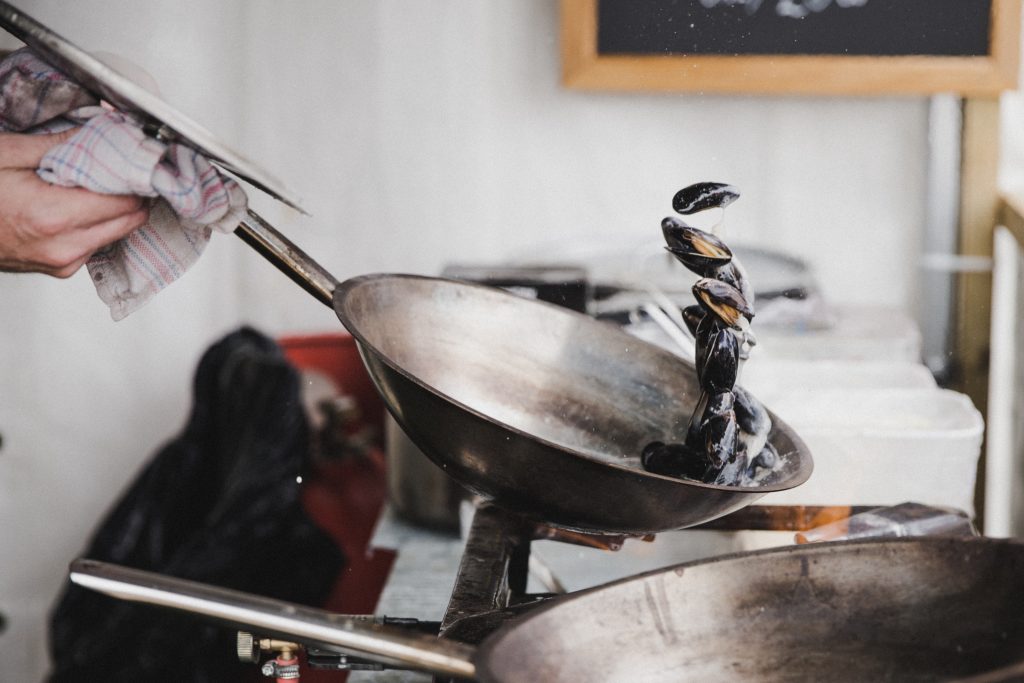
We’ve already mentioned that getting to know local cuisine is a big part of travelling slow, and you couldn’t immerse yourself much more in traditional French food than on a cooking and gastronomy holiday in this rural part of southern France.
By staying in a beautiful farmhouse with people who live their full time, and learning how to cook regional specialties with local produce, you are very much travelling slow.
2. Cycling Adventure in Cuba
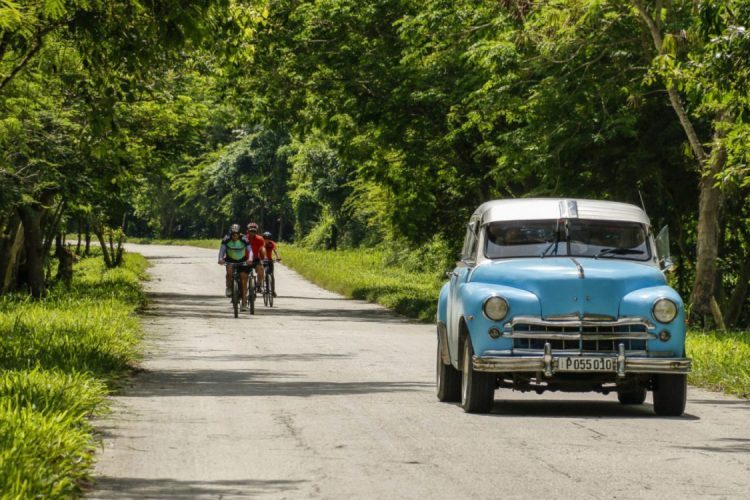
We have mentioned that slow travel is all about the literal speed that you go from place to place, but it is often said that the journey is just as important as the destination, and that couldn’t be truer than this slow travel itinerary around the magical island of Cuba on two wheels.
By taking your time, by passing more slowly through towns and villages many tourists would miss completely on the way to the next big attraction, you get to know a country far better. Not only that, but you’ll end up spending your money in smaller, independent places, ensuring that your travel money makes it to the local people.
3. An Authentic Immersion into Mauritius
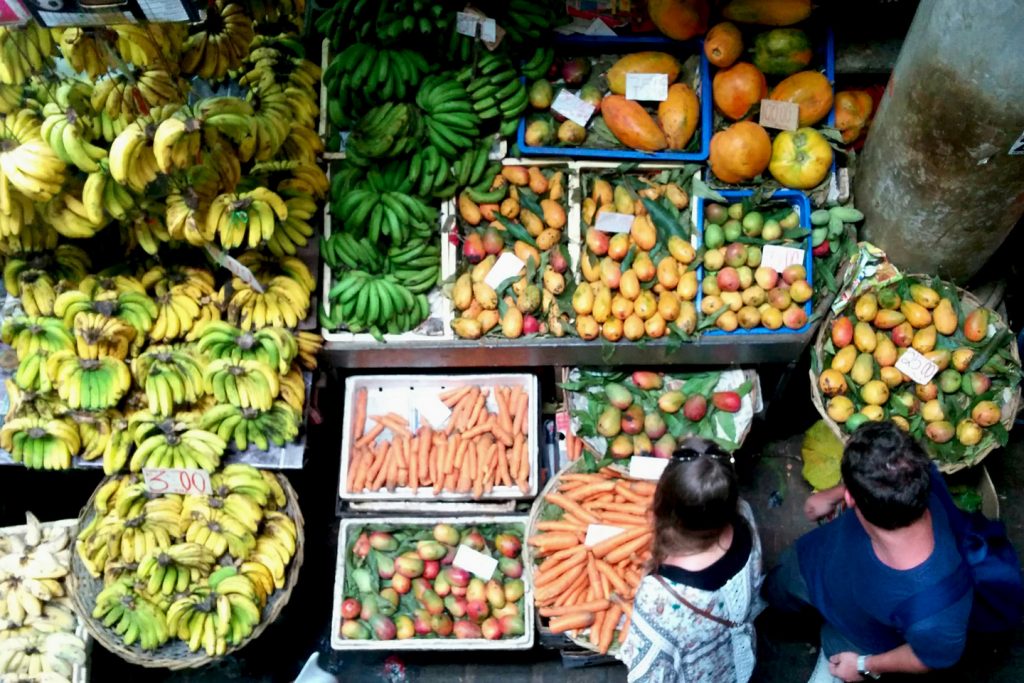
Mauritius is a destination that many might write off as home to all-inclusive beach resorts and golf courses, but part of the magic of slow travel is that it helps you break down this shallow exterior and discover the rich and varied culture that lies just beneath the surface.
With the help of the local people we put you in touch with, this itinerary gets you under the skin of a little-discovered culture, which makes discovering the food and culture of the island, joining local guides on thrilling canyoning expeditions and exploring the island’s lychee wine producing scene all the more rewarding.
Popular Slow Travel Examples
What are the Benefits of Slow Travel?
The benefits of slow travel are wide ranging. From economic, environmental and social factors, to simply enriching an individuals’ travel experience and holiday, it’s easiest to identify all the benefits of slow travel by breaking them down into their separate categories.
1. Economic Benefits
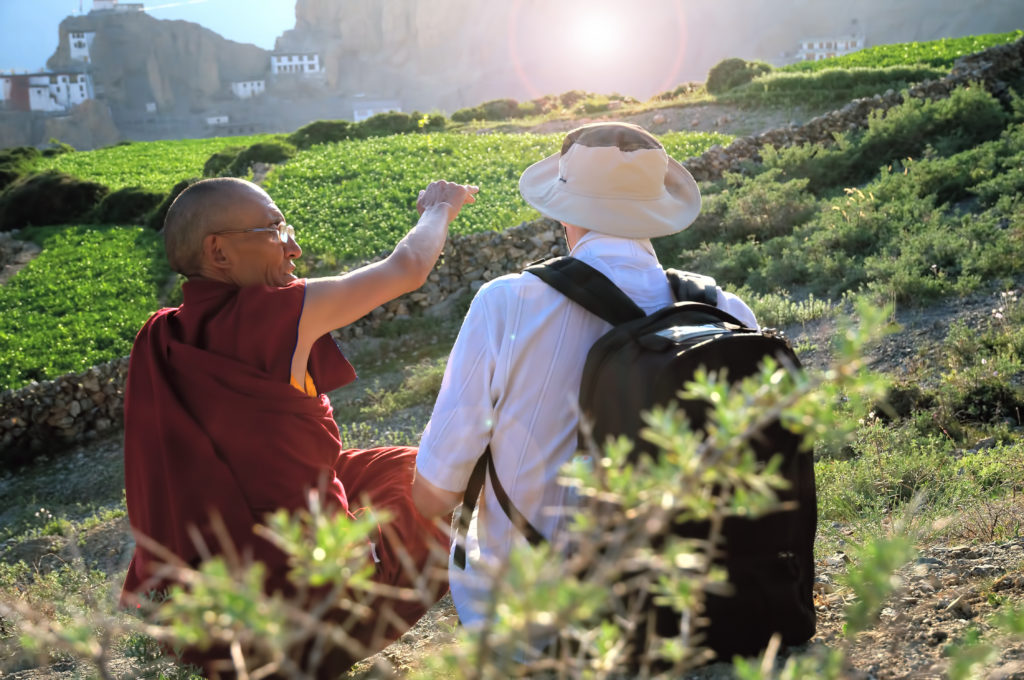
The local population and communities in areas of mass tourism often suffer from a concept known as tourism leakage. Tourism leakage occurs when the money a traveller spends ends up, for the most part, in the pockets of multi-national companies, rather than in the community you actually visit.
In some developing countries, it’s been estimated that as much as 95% of a tourists’ money ends up going to airlines, hotel chains, and foreign imports, with the remaining 5% ending up circulating around the people who actually live there.
Slow travel combats tourism leakage, as it encourages travellers to immerse themselves in authentic local culture, whilst avoiding the trappings of mass tourism such as large hotels, fast food, all-inclusive resorts and honeypot sites.
Instead, slow travel encourages individuals to seek out authentic, traditional food, to stay in places that will get you in touch with the local culture and with local people, and to visit the more off the beaten track locations that many tourists miss.
This, generally, means that your money goes to small, independent business and operators, who in turn are more likely to spend that money in their own community, boosting the economy and helping tourism have a positive impact on the locals’ quality of life.
2. Environmental Benefits
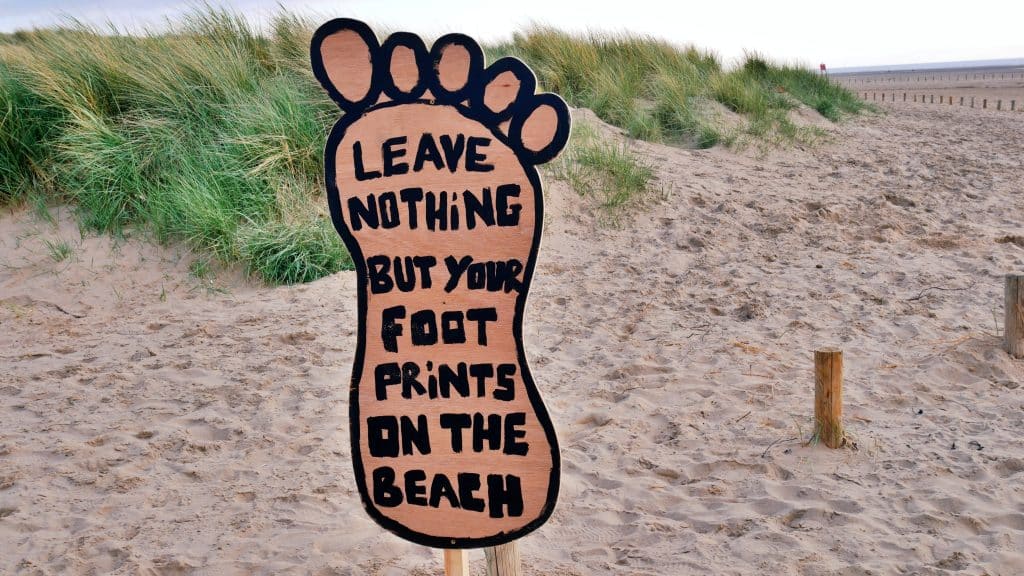
When it comes to mass tourism, it’s all too obvious what the negative impacts are when it comes to the environment and climate change. Huge hotels that sap most of the water and resources in the area, mountains of litter being left in wild, beautiful places, erosion of historical monuments and mountain pathways, long supply chains to import food that caters to tourists’ tastes, these consequences of mass tourism are barely the tip of the iceberg.
Slow travel attempts to mitigate the damaging effects that tourism can have on the environment.
By staying in small, independent accommodation with the aim of immersing yourself in the local culture, you have less of an impact than if you stay at a huge five star hotel.
By cooking and eating local food, you decrease the air mileage of each meal whilst putting money into the pocket of local suppliers.
By visiting lesser-known sights and joining local guides who respect their own, local environment, you are likely to go on tours that get you away from overcrowded tourist hotspots and explore in a way that respects the area.
And by resisting the urge to travel by internal flight, taking the train instead in an attempt to get a real understanding of a country and a landscape, you dramatically reduce the size of your holiday’s carbon footprint.
3. Social Benefits
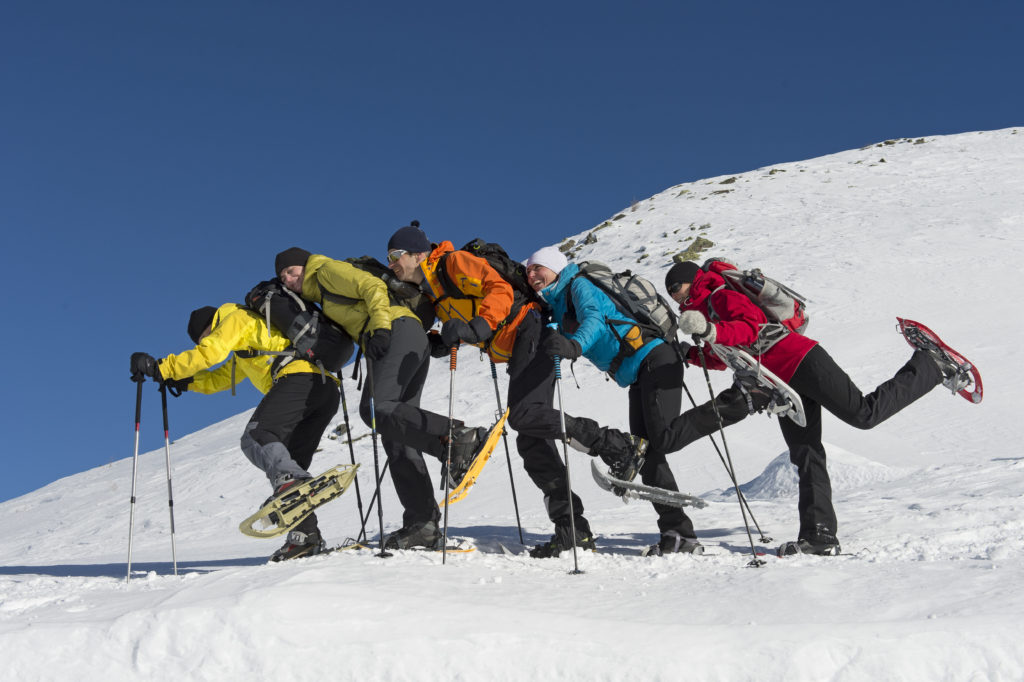
In many parts of the world, tensions between tourists and locals are, to say the least, a little strained. Mass tourism caters towards travellers’ tastes, often leaving local culture diluted to the point of non-existence.
Hordes of tourists may descend on a town, city or village, leaving litter, causing overcrowding, and often contributing very little to the local economy thanks to tourism leakage.
With slow travel however, and with the idea that when travelling slowly you take the time to understand new cultures and peoples, you will find that local people become far more receptive to the idea of having tourists visit.
Slow travel is designed to break down cultural barriers and make travel what it has the potential to be: a tool for broadening horizons and becoming a more tolerant, open global community.
It might seem like a stretch to say that slow travel is going to bring about world peace, but at Not In The Guidebooks we truly believe that by getting a glimpse into other, authentic ways of life and local traditions, we can help break down barriers of prejudice and build a more accepting, broad-minded society.
4. Immediate Benefits for Your Holiday
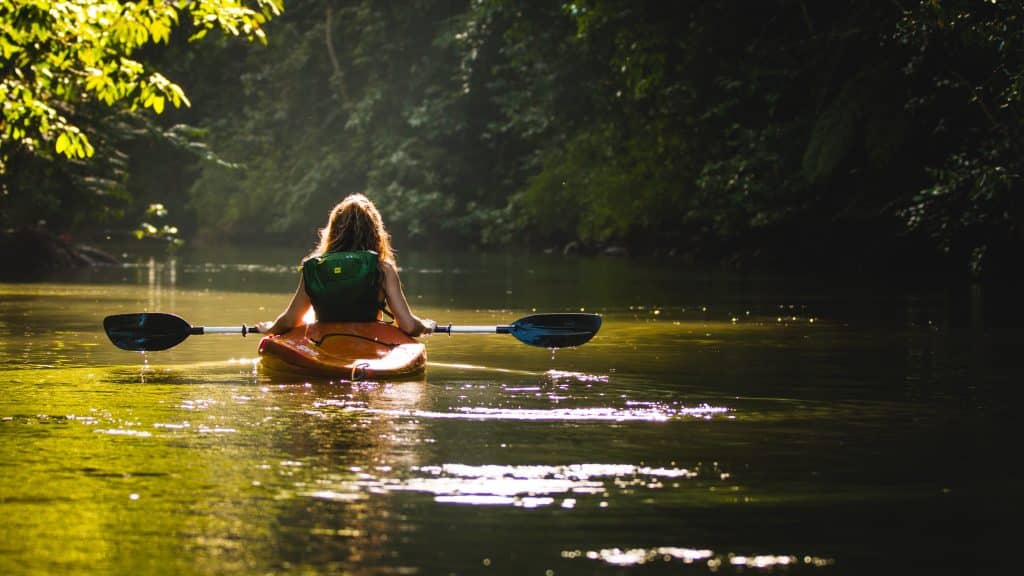
Even if none of these factors particularly bother you, there is one irrefutable reason for going slow the next time you travel – it makes your own holiday a more rewarding, enriching experience that you are likely to remember.
When we ask our travellers what the most memorable part of their holiday was, so often we get the same answer. It’s generally not the show-stopping historical monument or natural feature they’ve gone on holiday with the intention of seeing, it’s the little, local experiences they’ve had when they’ve had an insight into another culture or met an incredible local guide who has managed to show them sights they didn’t even know existed.
By slowing down and appreciating the new culture you find yourself in, you make yourself more receptive to new experiences and to meeting new people, which can result in some of the most memorable travel experiences you could have.
Here at Not In The Guidebooks, we work hard to bring you travel experiences that get you off the beaten track, and in touch with local people who are passionate about sharing the very best hidden gems and things to do that they can offer in their home. At the end of a Not In The Guidebooks holiday, you will be leaving with a treasure-trove of memories that speak of experiences unique to the place you have visited, as well as the warm hospitality of your local guides who have made your experience so special.




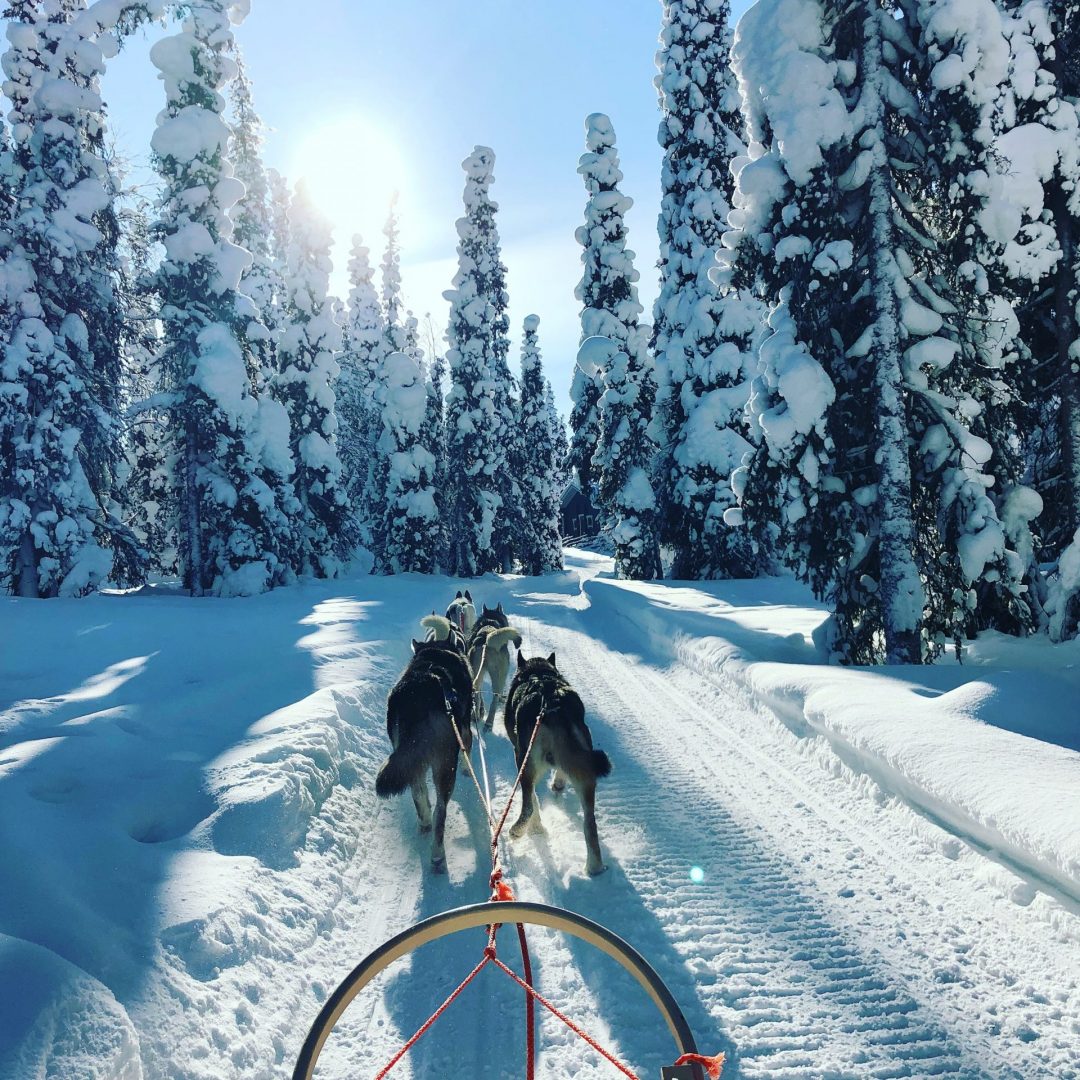
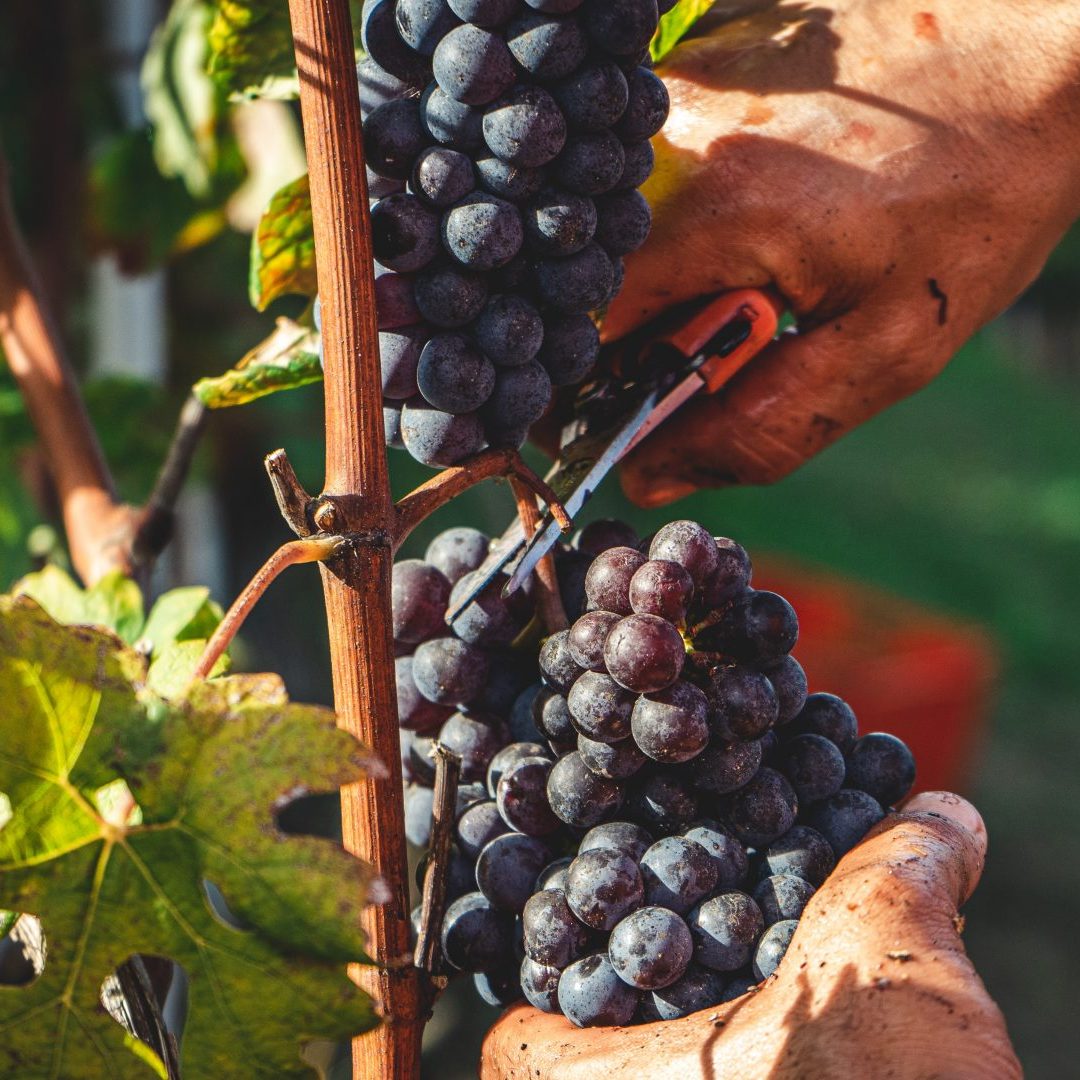
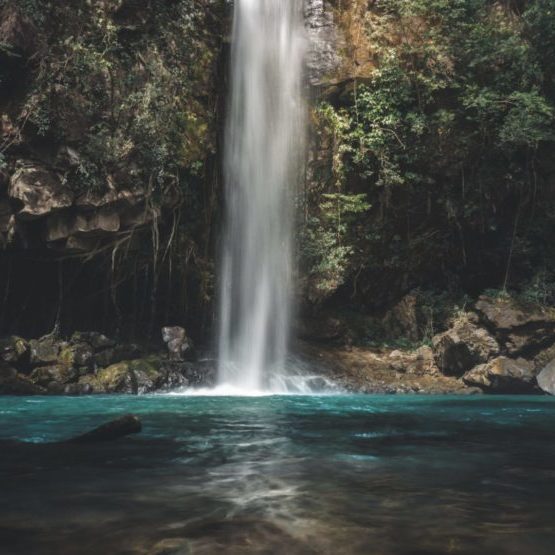
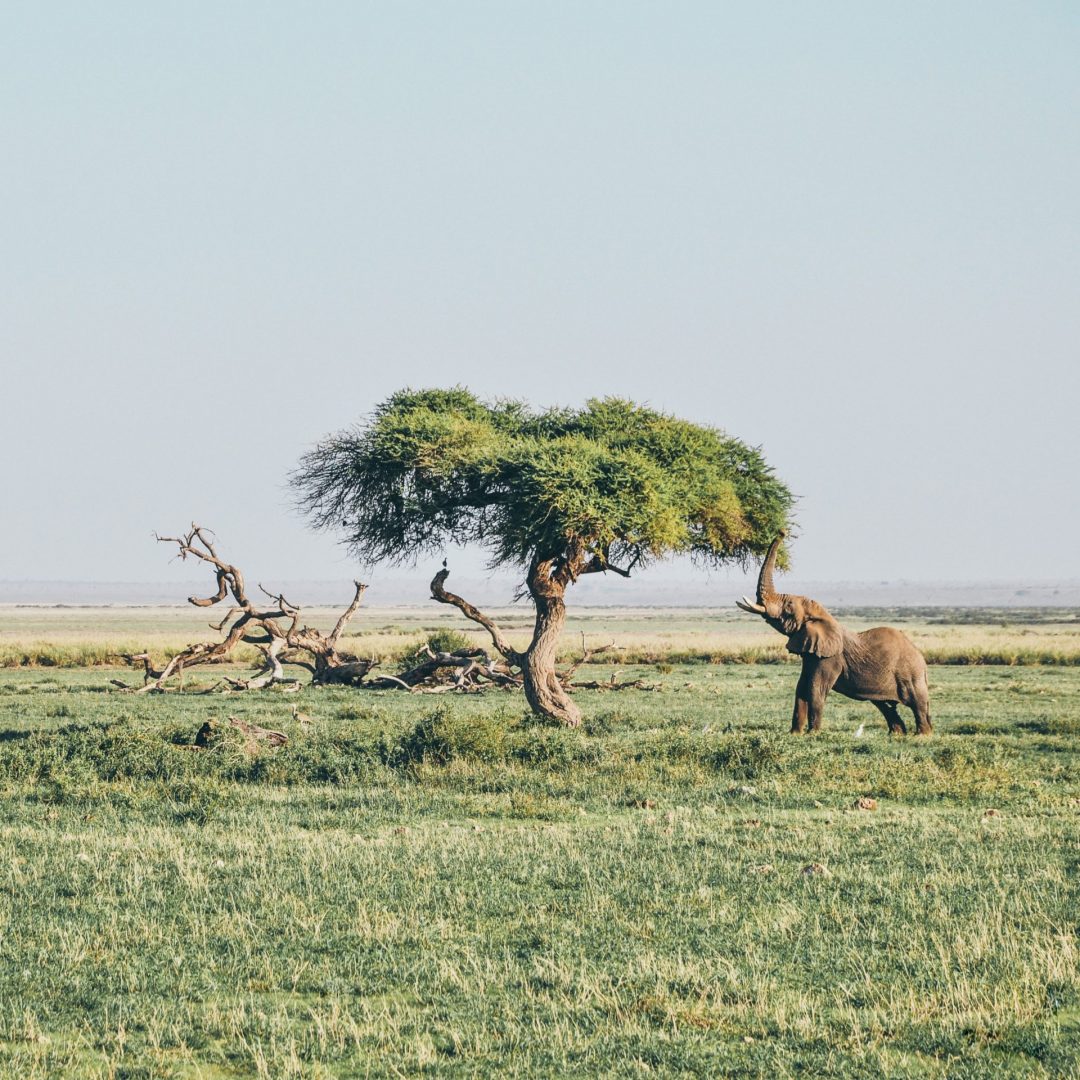
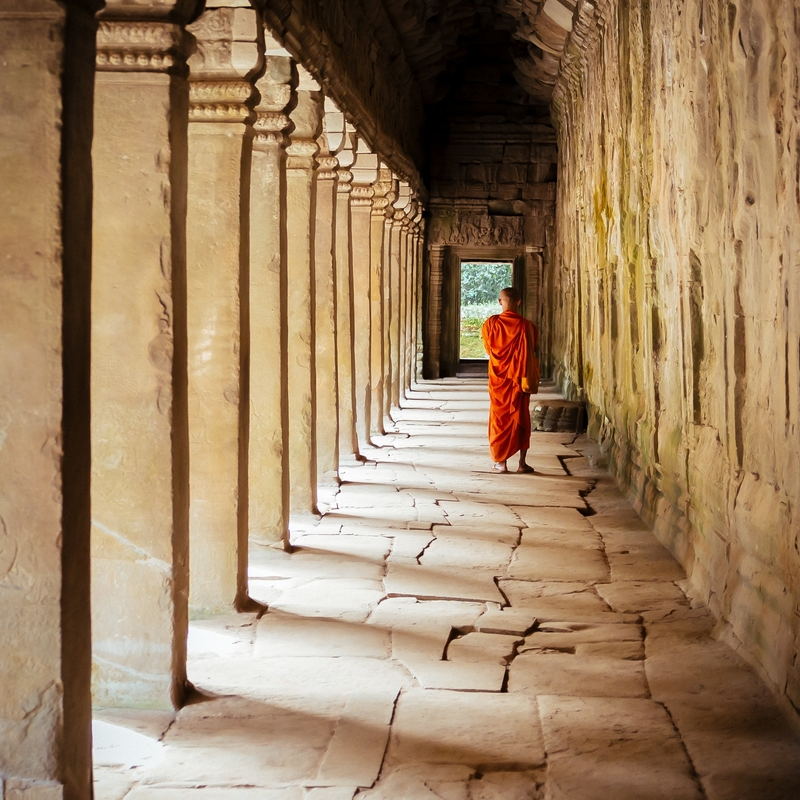
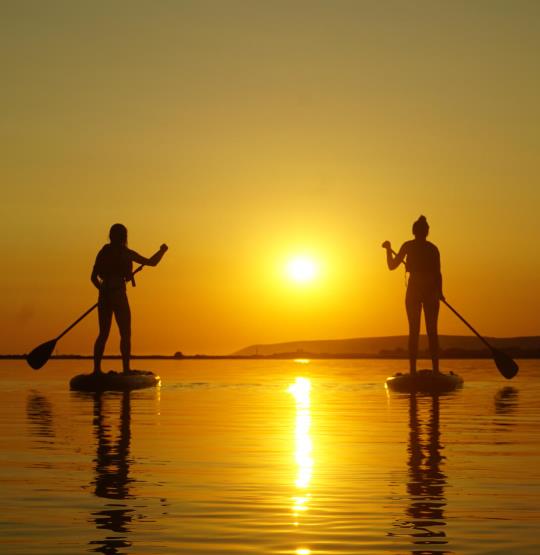
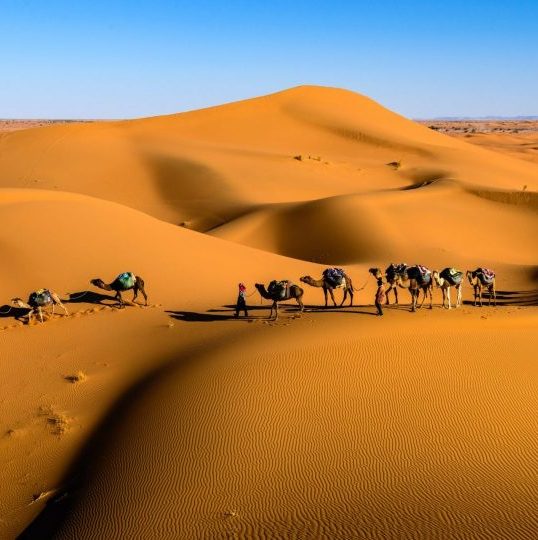
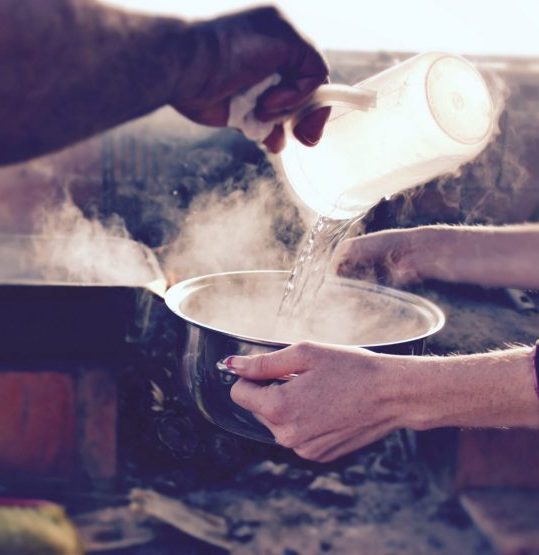
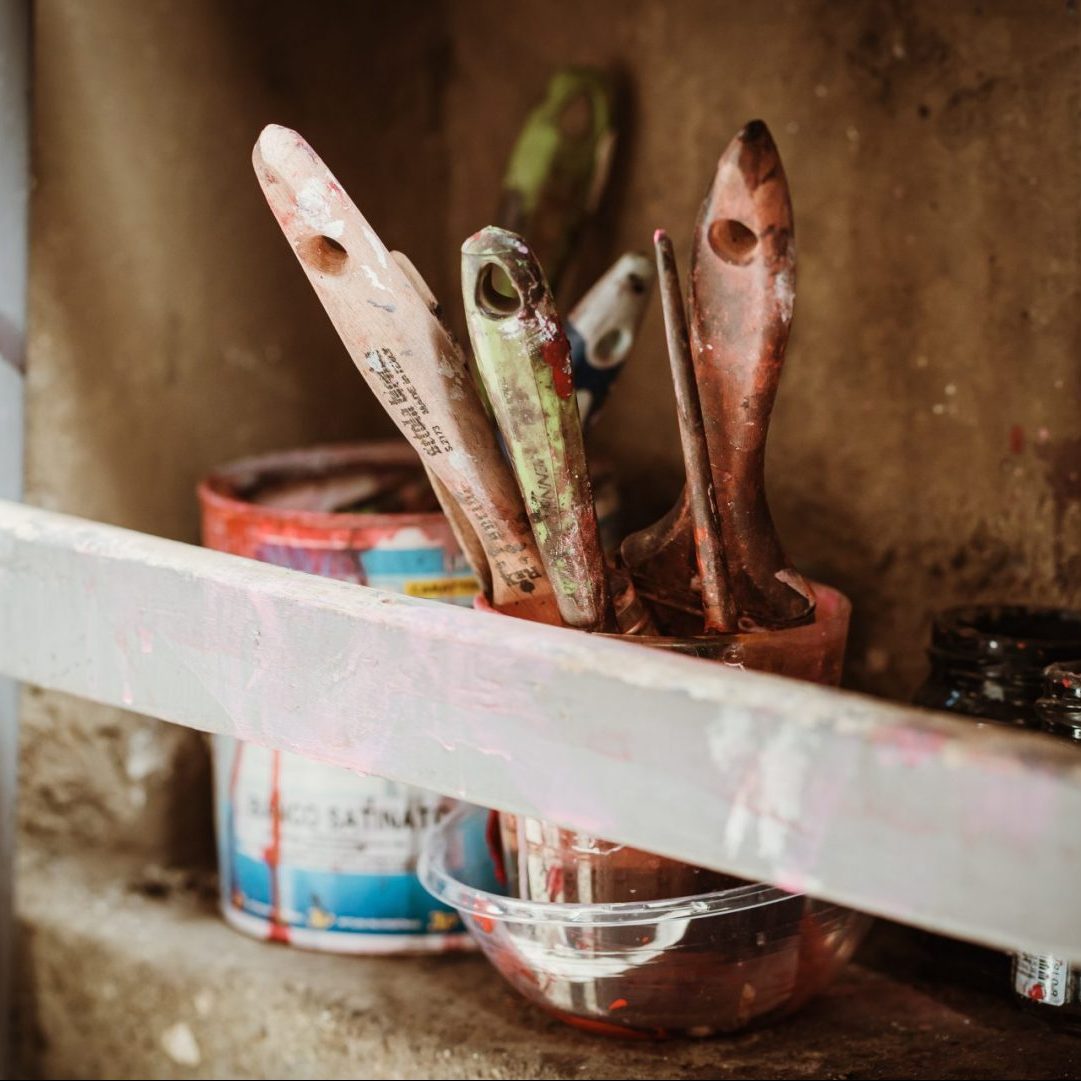
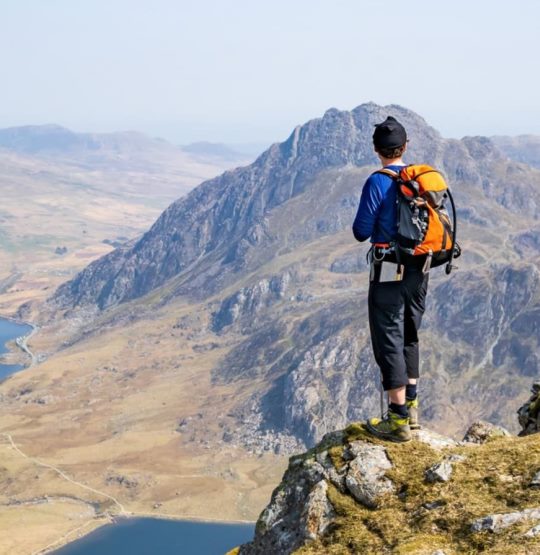
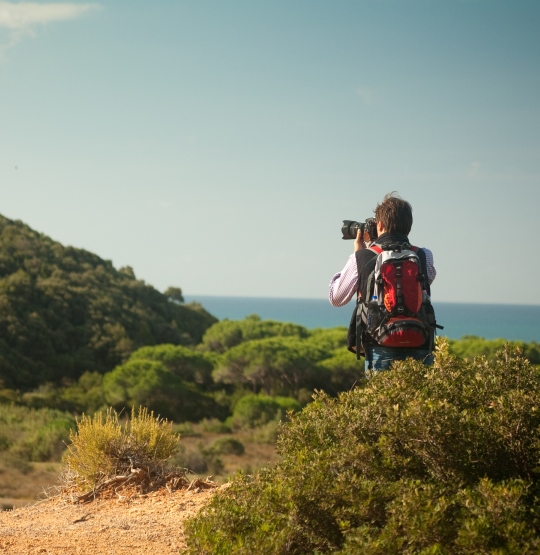
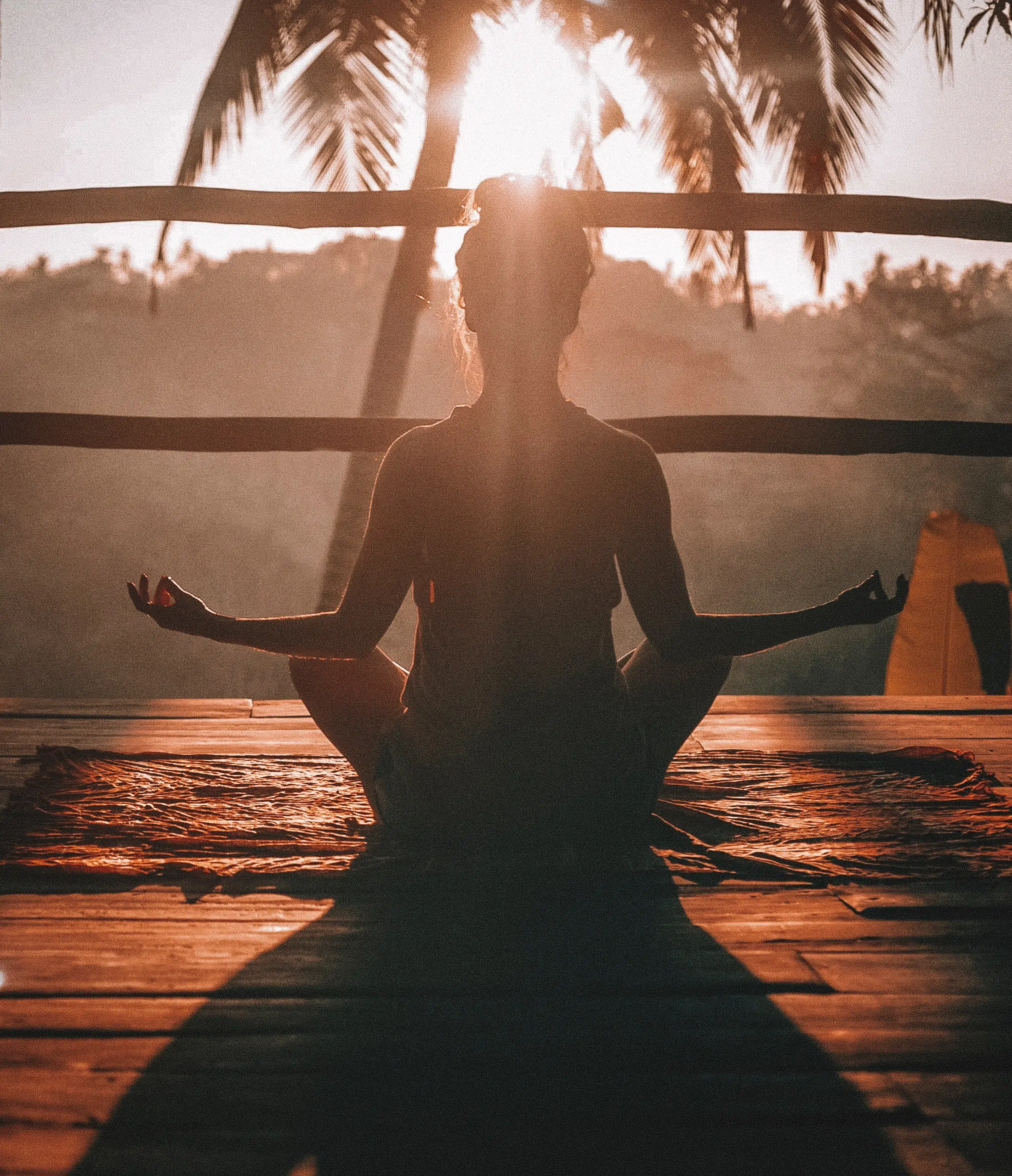
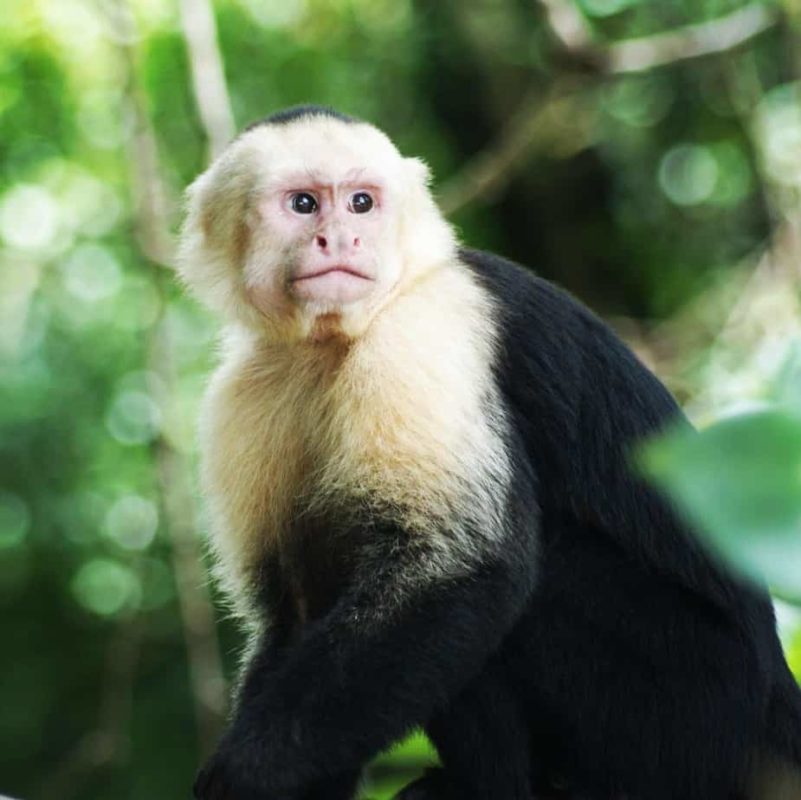
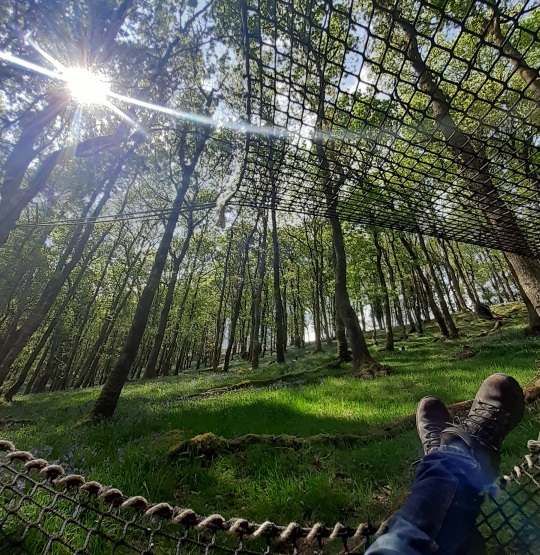

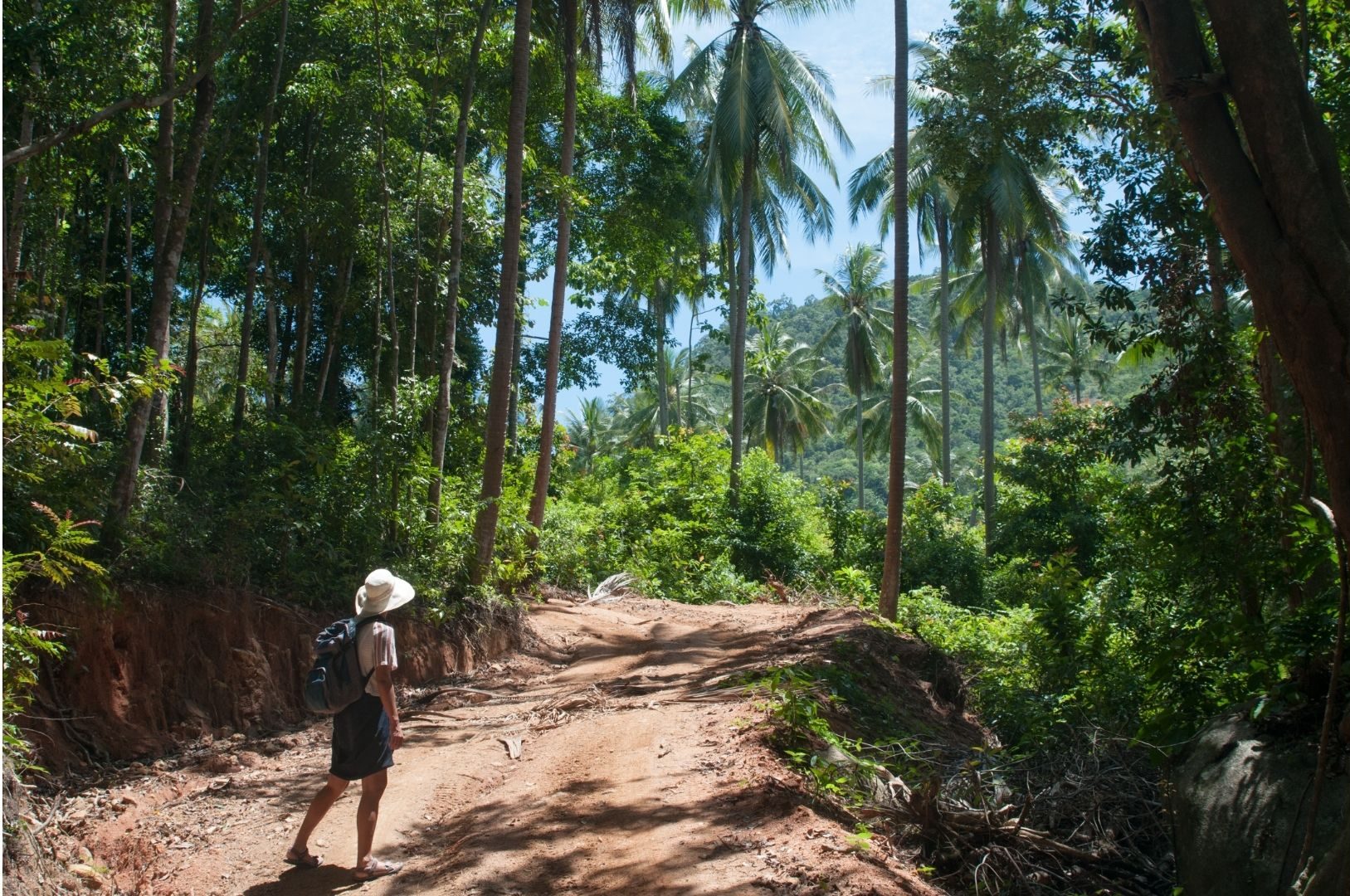

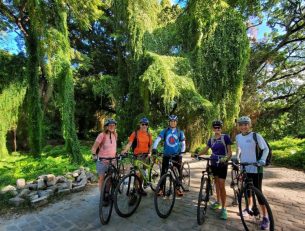
 Cuba
Cuba 